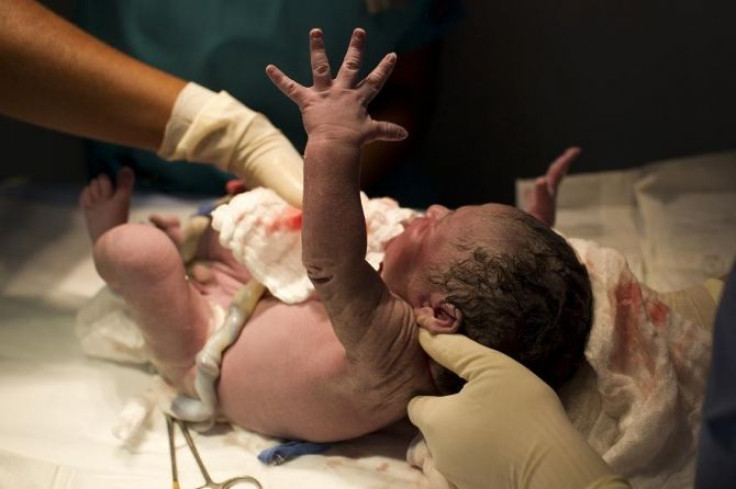Antibiotics Before a C-section Reduce Infections in Mother, No Negative Effect on Newborn

While many obstetrics gynecologists are familiar with giving antibiotics to mother’s who undergo a cesarean section after the umbilical cord has been clamped, new research suggests giving antibiotics before the C-section reduces the mother’s chance of an infection.
The tradition of waiting to give antibiotics until after a C-section developed due to concern that the drugs may hide signs of blood infection in the newborn. However, new studies demonstrate giving mothers antibiotics prior to surgery not only reduces the risk of infection in the mother, but also has no negative health effect on the child.
“It was always a theoretical concern that giving antibiotics might somehow mask sepsis in the neonate,” said Dr. David K. Warren, MD, associate professor of medicine at the Washington University School of Medicine in St. Louis, MO.
Warren and his team monitored more than 8,000 women who underwent C-sections deliveries and associated surgical site infections at the Barnes-Jewish Hospital over an eight-year period. Due to reduced infection rates following other surgeries, hospital management changed its policy and began administering antibiotics before C-sections in January 2004.
Prior to the policy change, the infection rated wavered between nine or 10 infections per 100 cesarean sections. Following the policy change the downward trend of infections began and by 2010, the rate reduced the number of infections to approximately only two per 100 cesarean sections.
Furthermore, researchers calculated an average of five fewer infections per 100 surgeries as a result of administering antibiotics before surgery. Of the total eight-year period, researchers observed 303 infections following 8,668 cesarean deliveries.
According to Dr. Warren and his team at Washington University School of Medicine, infection rates decreased by nearly a half after implementing this new policy, eve with challenges such as the growing number of mother who are overweight or obese. Having a higher body mass index is linked to an increased risk of infection following surgery.
In 2011, The American College of Obstetricians and Gynecologists recommended the same policy change.
The study was available in the Obstetrics and Gynecology.



























